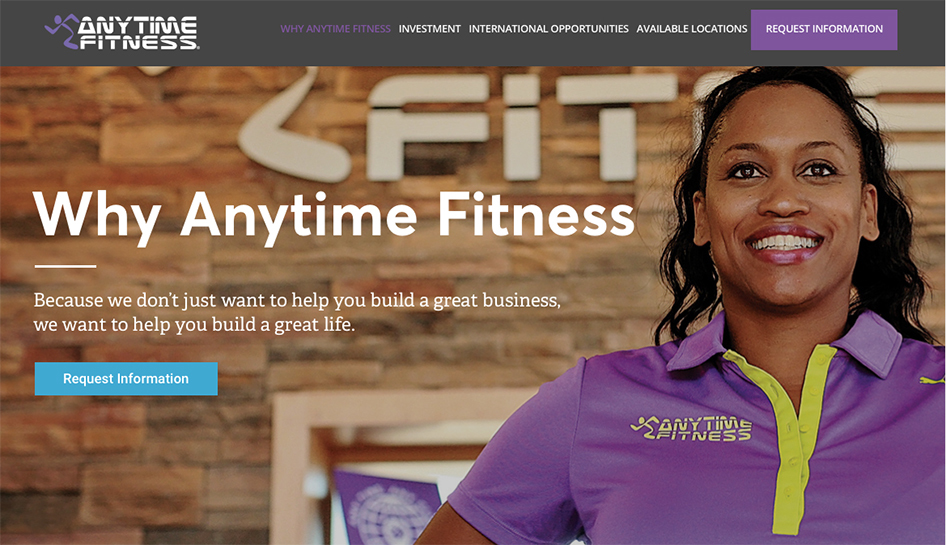If you’re a newcomer to the industry, or a fitness professional who’s been working in a club for a while, have you ever toyed with the notion of owning a business of your own—maybe purchasing a franchise? Have you sketched the outline of your dream on a cocktail napkin?
If you have, well, you’re certainly not alone.
Between 2013 and 2018, fitness has been among the fastest-growing franchise categories, expanding at 5.2% annually, according to the IBISWorld 2018 Gym & Fitness Franchises Report.
In the U.S., these franchises generate an estimated $4 billion of the industry’s $34 billion in annual revenues, account for more than 7,200 operations, and employ 60,000-plus people.
Between 2000 and 2017, the segment’s revenue and membership numbers nearly doubled, with the latter shooting from 32 million to more than 60 million.
The sector is expected to maintain its 5.2% growth trajectory through 2023.
Franchise Direct’s Fitness Franchise Industry Report 2018 suggests that fitness may well be the fastest-growing franchise class. It notes that the top four of the 10 fastest-growing franchises on Inc. magazine’s 2017 list of the 5,000 fastest-growing U.S. companies are held by fitness or fitness-related brands.
The four: Club Pilates, Fyzical Therapy & Balance Centers, iLoveKickboxing, and Fitness Holdings Northeast (Crunch Fitness).
There are a number of reasons for the category’s vitality and impressive growth. Among them: more health-conscious consumers, attractive price points, fresh new business models, conveniently located facilities, trainers’ growing professionalism, the industry’s increasing sophistication, the impact of new technologies, the power of social media. ... You get the idea—the list goes on and on.
From a prospective franchisee’s perspective, the most compelling factor may be the combination of a tested business model and a relatively low barrier to entry.
